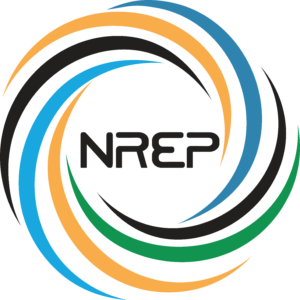On April 5th, 2025, the historic Nyero Rock Paintings in Kumi District came alive with purpose as cultural royalty, government officials, clean energy advocates, and community members, who were approximately 280 participants, gathered for the Teso Region Clean Cooking Demonstration Campaign. Led by the Ministry of Energy and Mineral Development in partnership with the National Renewable Energy Platform, this vibrant event was part of the Behavioral Change Communication for Electric Cooking (BCCeC) initiative.
Hosted by His Royal Highness Emorimor Papa Iteso, Paul Sande Emolot, the campaign drew leaders from across Uganda, including the Umukuka of Bugisu, HRH Mike Mungoma; Hon. Dr. Peter Lokeris; Hon. Apollo Lyanda; and Hon. Sidronius Okaasai Opolot, Minister of State for Energy. Their presence amplified the campaign’s call to transition communities from traditional fuels to sustainable, electric cooking solutions. The objective was clear: shift mindsets, celebrate clean energy, and empower communities through cultural collaboration.
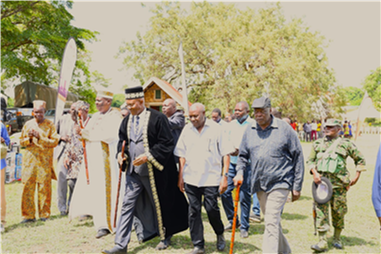
Key Highlights & Observations
The day began with prayer and a spirited performance by Joy Christian Primary School, delivering a strong message on environmental conservation and clean energy. Key speeches followed, each reinforcing a commitment to renewable energy. Hon. Okaasai Opolot detailed government-backed initiatives, including results-based financing and the rollout of new electric distribution systems. Hon. Apollo Lyanda pledged to use local radio platforms to promote clean cooking in Bunyole, while HRH Mungoma emphasized briquettes and green jobs as a solution for Bugisu.
A standout moment was the live electric cooking demonstration. Cultural leaders showcased their culinary skills using Electric Pressure Cookers (EPCs) to prepare traditional meals like Amukeke, Eboo, beef, and Ataap. The result? Rich aromas and flavors dispelled any doubt about the effectiveness of modern cooking appliances. The event also hosted a clean cooking technology exhibition, where 11 companies displayed EPCs, LPGs, and biomass stoves. Attendees eagerly interacted with exhibitors, some even purchasing EPCs on-site.
The campaign powerfully illustrated how integrating cultural leadership into climate action can fast-track community acceptance and adoption of clean technologies. It wasn’t just a demonstration, it was a celebration of progress, partnership, and the promise of a cleaner future.
In a key parallel engagement on April 4th, 2025, NREP proudly took part in the launch of the Electricity Access Scale-Up Project (EASP) organized by UECCC as a major national initiative to expand access to affordable, reliable electricity. The EASP features a strong clean cooking component, and NREP used the opportunity to lead a practical e-cooking demonstration aimed at raising awareness and dispelling misconceptions about EPCs.
Hon. Sidronius Okaasai Opolot, Mr. Akol Nelson (LCV Chairperson), Mr. Comia James (Deputy RDC), and Ms. Adong Roseline (CAO) each actively participated in cooking Ugandan dishes—Amukeke, Ataap, Akiring, and Eboo—using EPCs. This demonstration underscored the compatibility of electric cooking with local culinary traditions and reinforced community confidence in the technology.
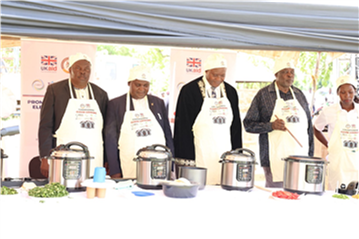
Key Challenges & Lessons Learned
While enthusiasm was high, several challenges emerged. Many participants noted the limited affordability of clean cooking technologies, particularly for low-income households. The need for customized financing models, such as subsidies and installment payment plans, was strongly emphasized.
Infrastructure gaps, especially in rural electrification, remain a barrier to widespread EPC adoption. Stakeholders also highlighted the importance of continued education and awareness, particularly in overcoming skepticism surrounding electric cooking’s compatibility with traditional dishes.
A key takeaway was the undeniable influence of cultural leaders. Their endorsement of clean energy solutions visibly shifted public attitudes, reinforcing the importance of working through existing community structures. Scaling up this model could unlock behavioral change across Uganda and beyond.
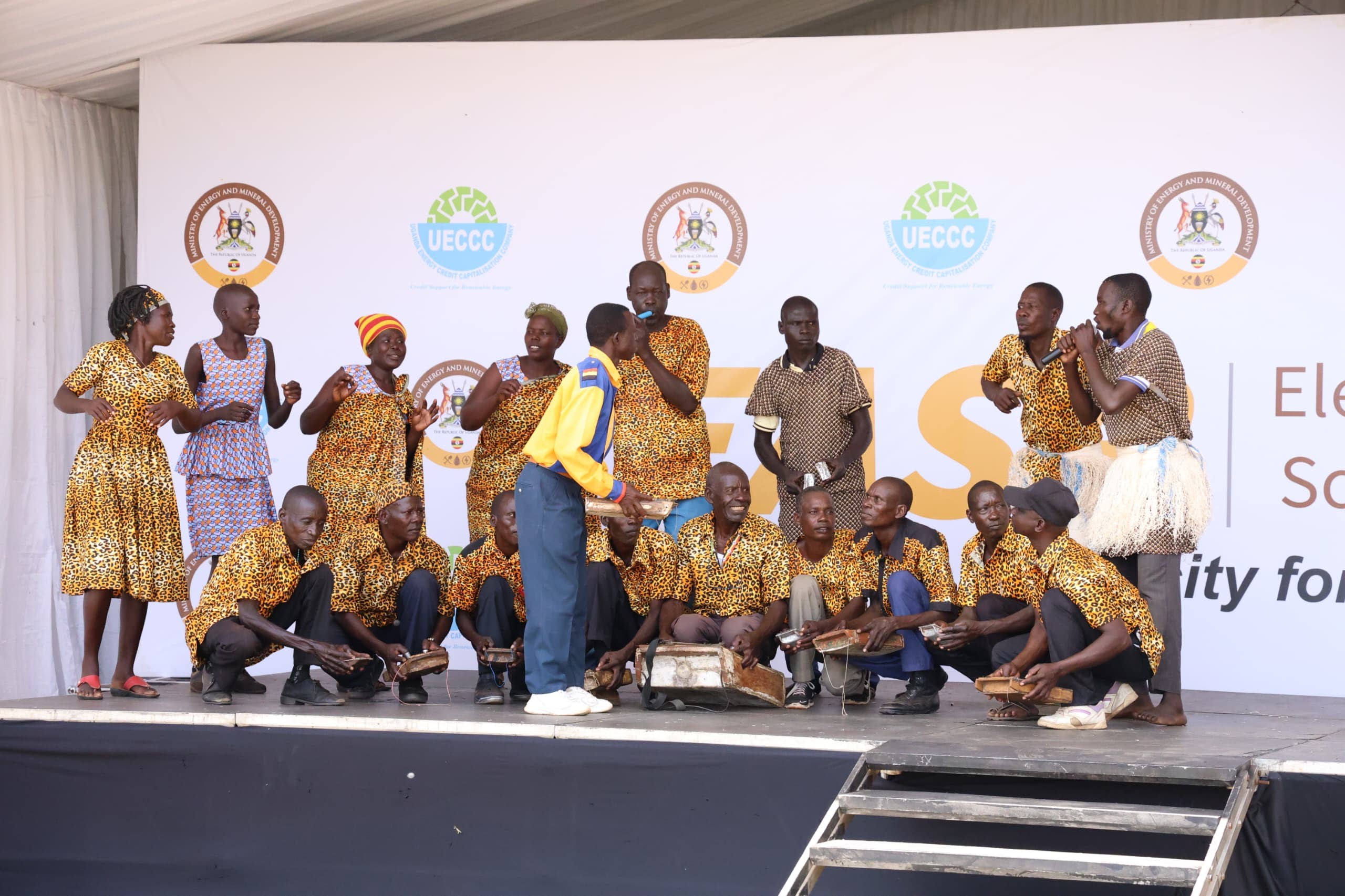
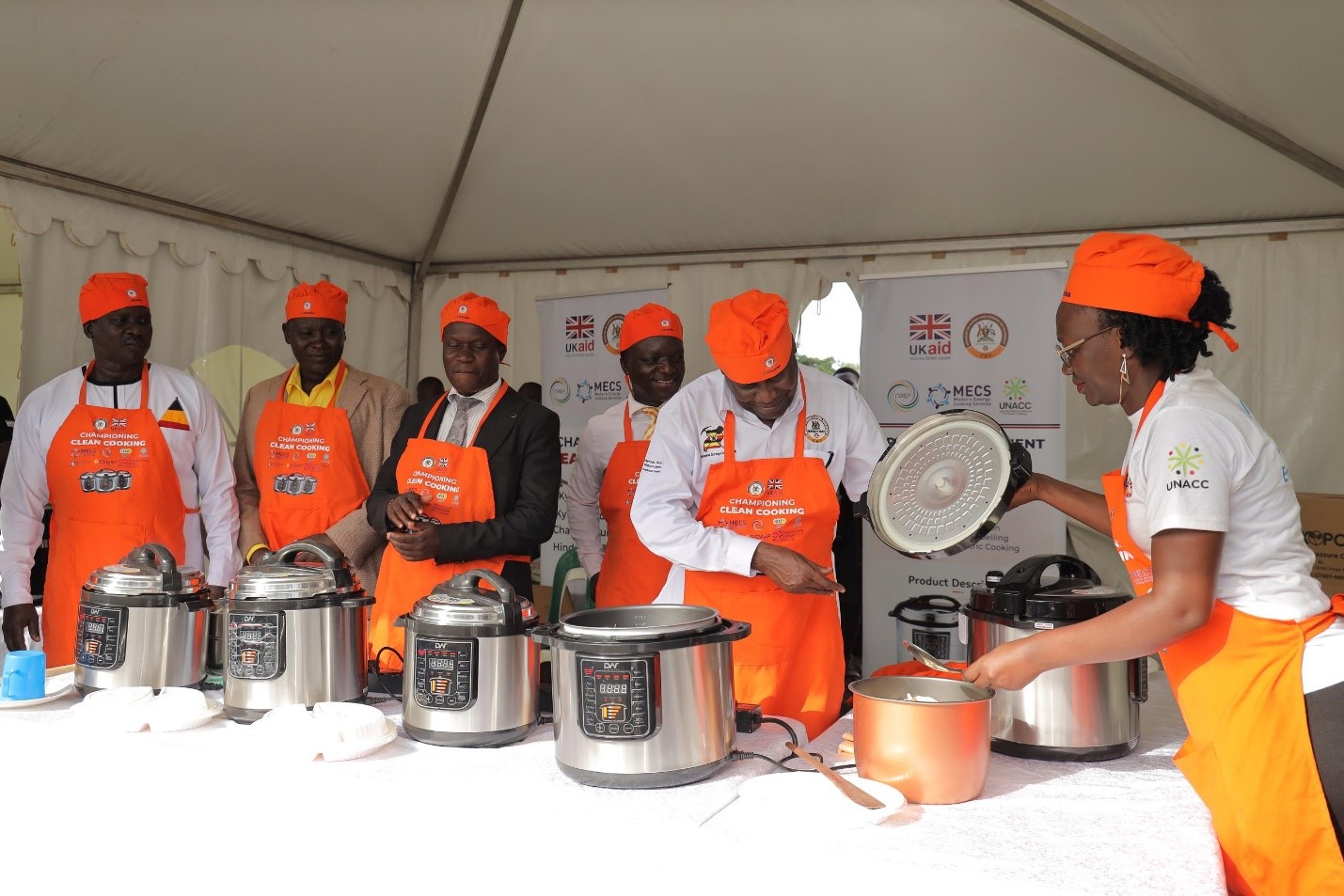
Conclusion
The Teso Region Clean Cooking Campaign was more than an event; it was a movement. By bringing cultural, political, and community leaders together under one cause, the campaign sparked momentum for clean energy adoption in Uganda. The proposed collaboration between the Teso and Bugisu Kingdoms is a testament to this success.
Looking ahead, expanding demonstration campaigns, increasing access to finance, and strengthening cultural partnerships will be essential. With sustained commitment and inclusive strategies, clean cooking can become a new norm, improving health, conserving the environment, and uplifting livelihoods across generations.


